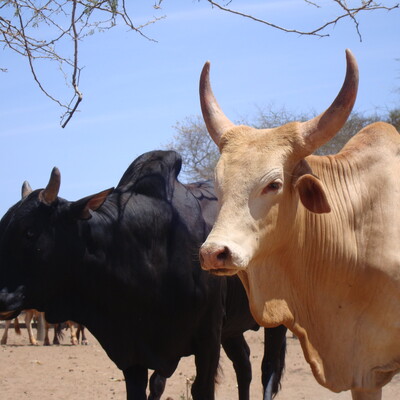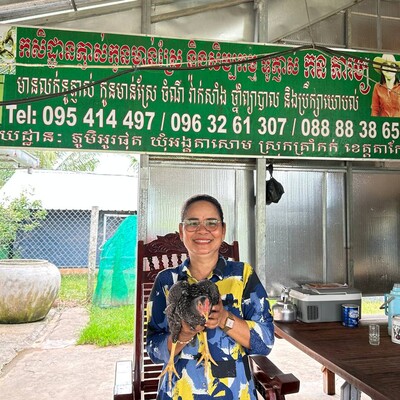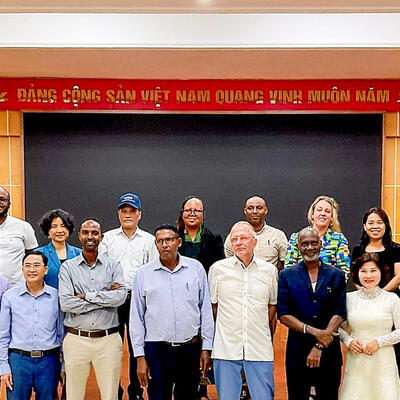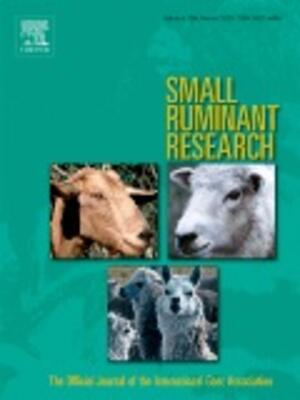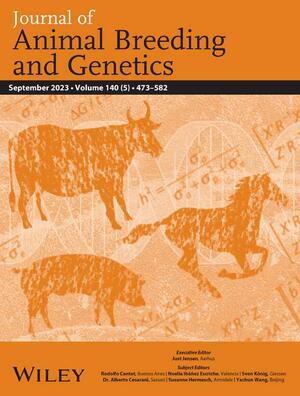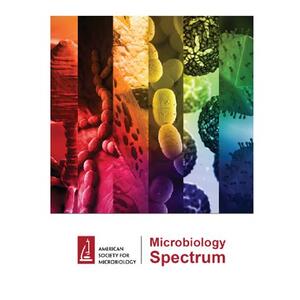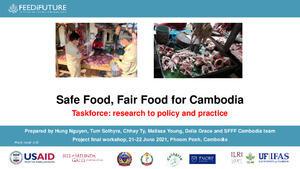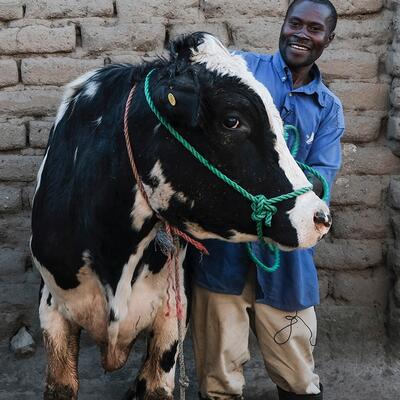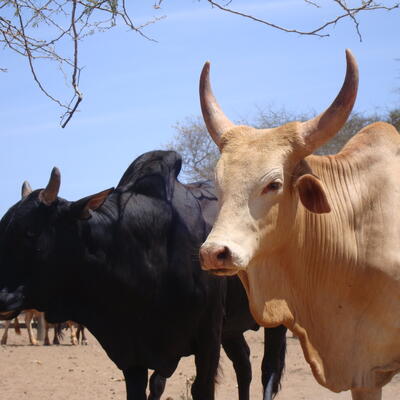
Improving pig genetics in Uganda
Research conducted by the International Livestock Research Institute (ILRI) and partners has identified poor genetics as a key factor in hampering pig production in Uganda.
This issue has been also repeatedly raised by a number of stakeholders—including smallholder pig keepers and other value chain actors—who participated in this and other ILRI projects in Uganda, as well as through local and national level multi-stakeholder platforms established to support the sector. Addressing this obstacle will require action at both institutional and farmer levels, accompanied by further research to examine its effectiveness.
Project goal
The three-year project aims to contribute to sustainable intensification of the pig value chain in the country, resulting in increased food and nutritional security of poor animal-source food consumers, and improved livelihoods of smallholder women and men pig keepers and other value chain actors.
Objectives
The project seeks to increase the productivity and profitability of the Ugandan smallholder pig enterprises through: the identification of the most appropriate pig breed-type(s); the development of a genetic improvement strategy to ensure the availability and accessibility of genetically superior pigs; and support for the uptake and optimal management of the genetically superior pigs







